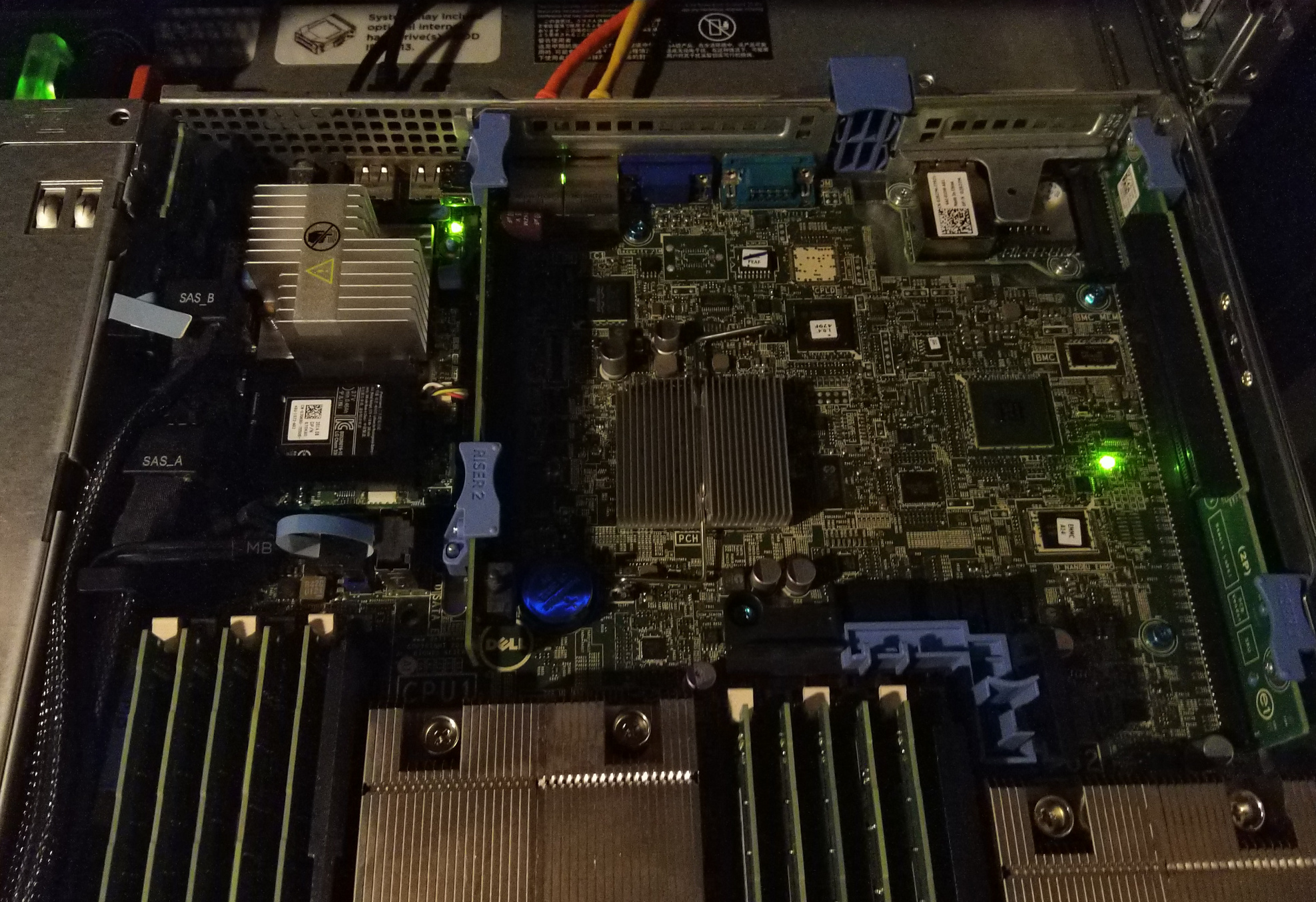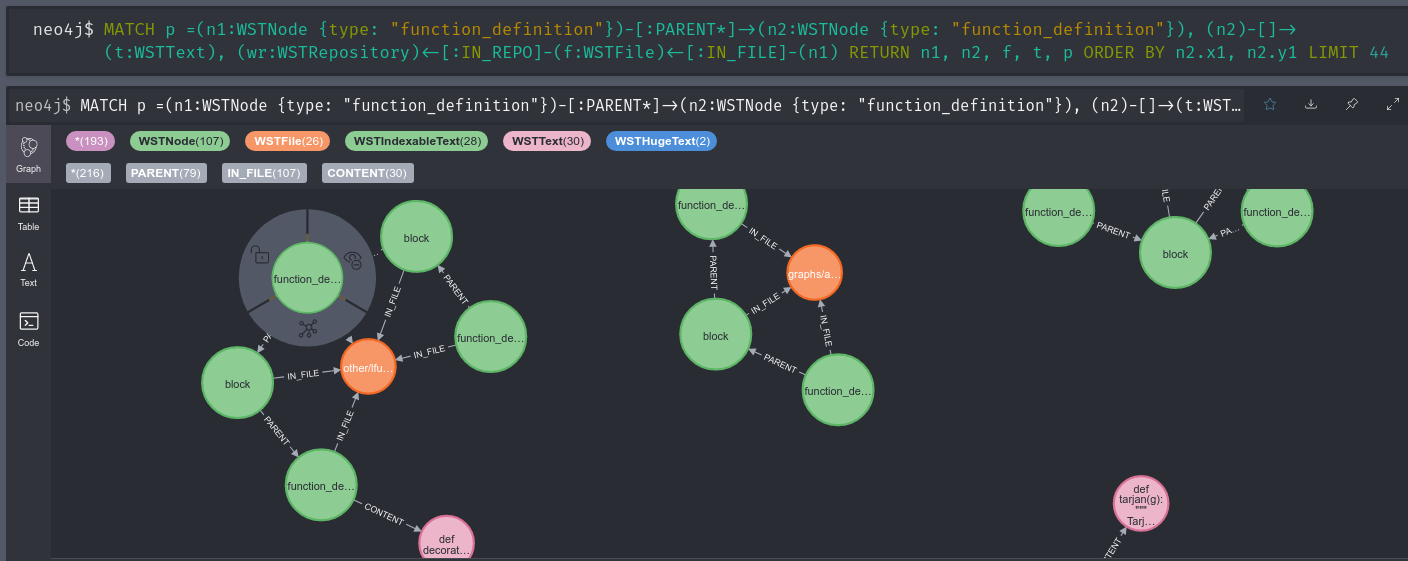I am the proud new user of ZSA’s Moonlander MK1, and in fact this is my first experience using an ortholinear keyboard.
It’s only been a few days since the unboxing, and already I am absolutely loving the experience of typing on it, even if I am spending a few seconds hunting for a special key I had to reposition.
In just 4 days since I opened the box I am already achieving more than 50% of my original typing speed on the UHK (which I still love, btw) and I seem to be improving at a much faster rate compared to the UHK, which was my first split keyboard.



